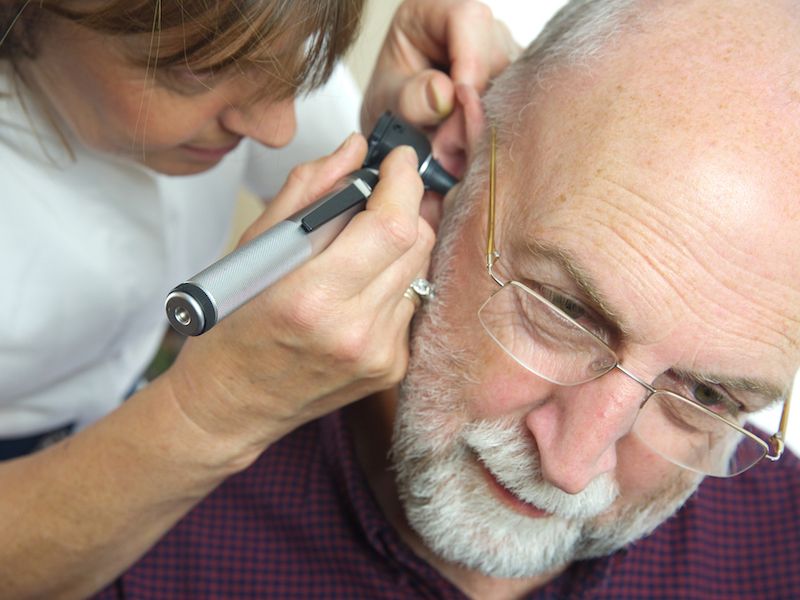
If you have glasses, you recognize you still need to make an appointment with your eye doctor every year, right? That’s because your eyes can change over time. Your eyes and everything else in your body are dynamic not static including your ears. That’s why even after you purchase hearing aids, you should continue getting your ears checked just as you do with your eyes.
Unfortunately, many people miss those regular checkups. Perhaps they’ve been consumed with making the most of their lives to get back in to see their hearing specialist. Or it could be that work has been stressful lately. Or it’s possible you’ve simply been so happy with your hearing aids that you haven’t needed to get another appointment. You would normally consider that to be a positive thing.
For most individuals with hearing damage, even one reexamination consultation becomes almost more important in the long run. Despite that, regular attention is often ignored. According to one survey, only 33% of seniors with hearing aids also used regular hearing services.
After You Have Hearing Aids, Why Should You Need to Get Regular Examinations?
Your hearing is dynamic. It changes over time. When these changes occur, you need to modify your hearing aids to compensate. Concerns can be discovered early and your hearing aids can be tweaked accordingly.
And that’s not even the only reason why it could be a smart idea to show up for scheduled appointments with a hearing expert once you start wearing your hearing aids. Some of the most common reasons to ensure you show up to your next checkup include:
- Hearing decline: Even if you use a hearing aid, your hearing may keep degenerating. If this deterioration is happening over a long period of time, you most likely won’t recognize it’s happening without the aid of a hearing assessment. Hearing decline can often be slowed with appropriate alterations to your hearing aids.
- Calibrating Hearing Aids: There may be need for yearly calibration of your hearing aids based on small changes in your hearing in spite of the consistency of your general hearing. Your hearing aids may gradually become less efficient if you ignore this type of calibration.
It’s crucial to have your hearing aids cleaned professionally occasionally in addition to monitoring changes in your hearing. We can help make certain your hearing aid is operating the way it is supposed to, clean all the small components and keep it in peak condition.
If You Don’t Follow up With Regular Examinations There is a Consequence
The greatest worries, here, is that eventually, the hearing aids will quit functioning the way they’re supposed to, so you’ll get aggravated with them and stop wearing them altogether. Wearing hearing aids helps you hear better, naturally, but it also impacts your general health. If you discontinue using your hearing aids, not only can your hearing deteriorate faster, you might not recognize it immediately. Increased concern of hearing accidents, along with cognitive decline, have been linked to loss of hearing.
When it comes to having your hearing aids performing at an ideal level, regular exams are your best choice. Annual hearing examinations or screenings can help you be sure your hearing aids are performing in the way they should and that your hearing is safeguarded. So now is the time to make your hearing appointment.
